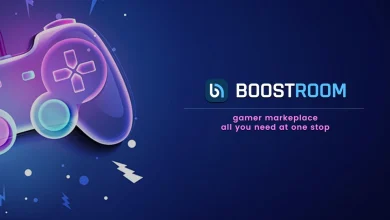Bridging the Generation Gap: Addressing Challenges with Gen Z Employees

Introduction
The modern workplace is evolving, and with it, the arrival of Generation Z (Gen Z) employees. Born between the mid-1990s and early 2010s, Gen Z is characterized by its unique values, expectations, and digital fluency. While Gen Z brings fresh perspectives and skills to the workforce, they also pose challenges for employers. In this blog, we’ll explore some common problems with gen z employees and suggest strategies for effectively managing these challenges.
- Technology Dependency
Gen Z is the first generation to grow up with smartphones, the internet, and social media as integral parts of their lives. While this digital prowess is a valuable asset, it can lead to problems like distractions and overreliance on technology. Encourage a healthy balance between technology and face-to-face interactions to foster effective communication and collaboration.
- Short Attention Span
The constant bombardment of information in the digital age has contributed to shorter attention spans among Gen Z. This may manifest as difficulties in staying focused on tasks for extended periods. Break tasks into smaller, manageable segments and promote techniques like the Pomodoro method to enhance concentration.
- Desire for Immediate Feedback
Gen Z employees often seek instant feedback and validation. While this can drive productivity, it can also create impatience when they don’t receive immediate responses. Establish clear communication channels for feedback and set expectations regarding response times to manage these expectations effectively.
- Work-Life Balance
Gen Z values work-life balance and is more inclined to prioritize personal time over working long hours. Employers should recognize the importance of work-life balance and consider flexible work arrangements to accommodate this preference when feasible.
- Job Hopping
Gen Z employees are more inclined to change jobs frequently, seeking new challenges and experiences. High turnover can be costly for employers. To address this, focus on providing growth opportunities, mentoring, and career development within your organization to incentivize them to stay.
- Diversity and Inclusion
Gen Z is particularly attuned to diversity and inclusion issues. They expect workplaces to be diverse, equitable, and inclusive. Ensure your organization promotes diversity and inclusion, implement policies that reflect these values, and foster an inclusive environment.
- Entrepreneurial Spirit
Many Gen Z employees have entrepreneurial aspirations, which can pose challenges for employers if not harnessed effectively. Encourage innovation within your organization and provide opportunities for them to explore entrepreneurial endeavors within the company.
- Communication Preferences
Gen Z often prefers informal digital communication channels like messaging apps and email. However, there are situations where in-person or phone conversations are more suitable. Encourage adaptability in communication methods and help them understand when each is most appropriate.
Conclusion
While working with Gen Z employees may present certain challenges, it’s important to remember that they bring unique qualities, perspectives, and talents to the workplace. By understanding and addressing these challenges, organizations can create a more inclusive, productive, and harmonious work environment for employees of all generations. Embrace the opportunity to learn from Gen Z and adapt your strategies to maximize their potential contributions to your organization.


